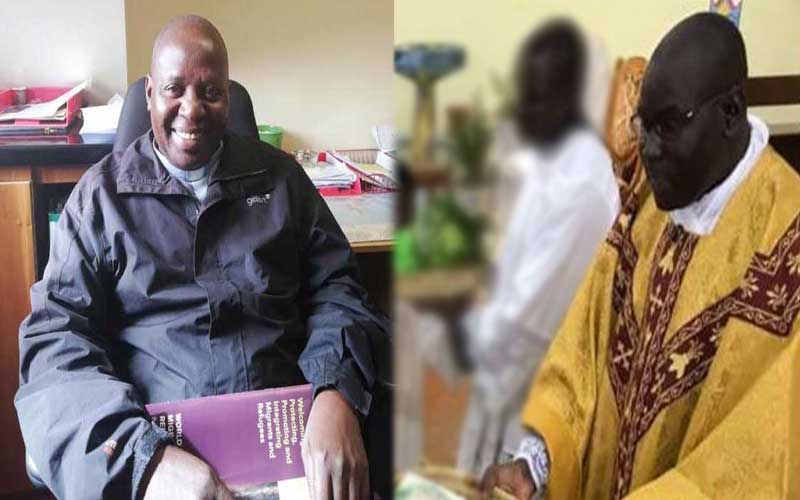×
The Standard e-Paper
Fearless, Trusted News

The world over, there has been an element of defiance or extremism by religious leaders, contributing to the exponential spread of Covid-19.
In Bungoma County, two Catholic priests were arrested last Saturday for presiding over mass in two different churches.